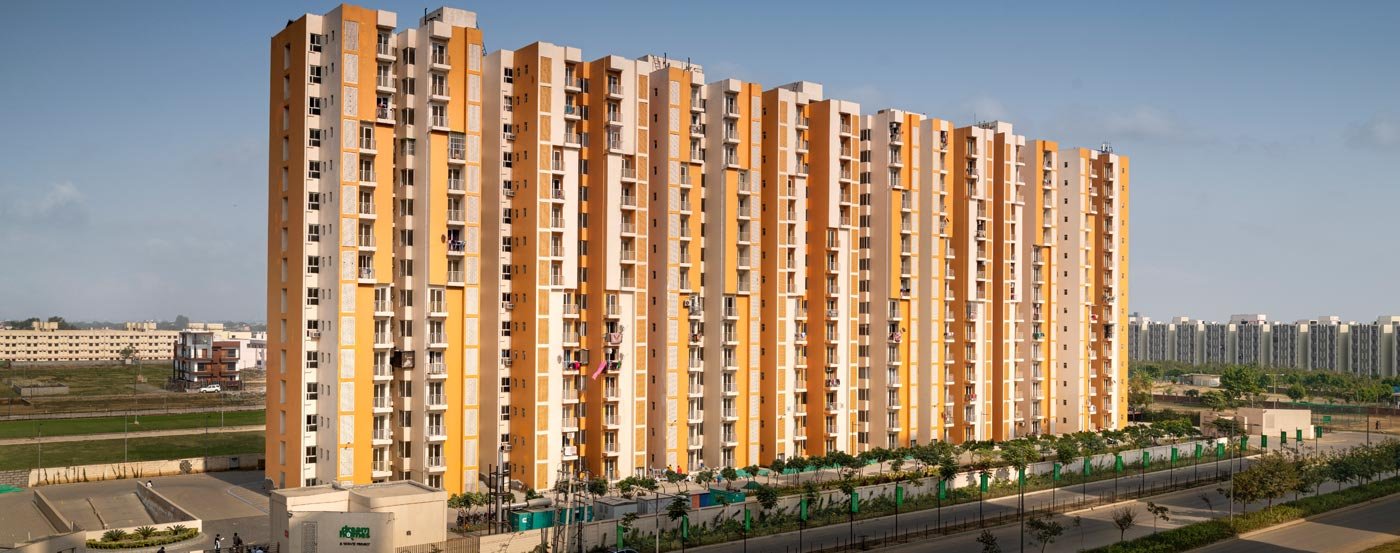Sexually Transmitted Diseases in Dubai (STDs) are a global health concern, and Dubai, as a major international hub, is no exception. With its diverse population and cosmopolitan nature, Dubai sees a range of health challenges, including the spread of sexually transmitted diseases (STDs). As more individuals from different cultural backgrounds converge in this dynamic city, understanding STIs—how they spread, how to prevent them, and where to seek treatment—becomes increasingly important. Whether you’re a resident or a visitor, being aware of STDs in Dubai is key to maintaining your sexual health and well-being.
In this article, we will provide a comprehensive guide on what you need to know about sexually transmitted infections in Dubai, including the types of STDs prevalent in the city, how to protect yourself, and where to seek treatment if necessary. We help you navigate this aspect of sexual health with confidence, ensuring you stay informed of yourself and your partners.
Common Sexually Transmitted Infections in Dubai
Just like in many parts of the world, Dubai is affected by several types of sexually transmitted infections. However, some STIs can also be transmitted through shared needles, during childbirth, or via blood transfusions. Here are some of the most common STIs you should be aware of in Dubai:
- Chlamydia: One of the most common STDs worldwide, chlamydia often presents with no symptoms, making it difficult to detect. If left untreated, it can lead to serious reproductive health issues such as infertility, especially in women. Testing is easy and involves a simple urine test or swab.
- Gonorrhea: Gonorrhea is another common STD in Dubai, characterized by symptoms like painful urination, discharge, and pelvic pain. However, many people with gonorrhea may not exhibit any symptoms. Like chlamydia, it can cause complications if left untreated.
- Syphilis: Syphilis is a bacterial infection that typically starts with a painless sore or ulcer at the site of infection. If not treated, syphilis can progress to more severe stages, affecting the organs and leading to long-term health problems.
- Human Immunodeficiency Virus (HIV): HIV, which can lead to Acquired Immunodeficiency Syndrome (AIDS), is a serious viral infection that attacks the immune system. In Dubai, HIV awareness campaigns have helped in reducing the stigma associated with the disease, but it remains an important issue, especially among high-risk populations.
- Herpes Simplex Virus (HSV): HSV causes sores and blisters around the genital area and mouth. Even when no symptoms are present the infection is highly contagious and can be transmitted. While there is no cure, antiviral treatments can help manage outbreaks and reduce the risk of transmission.
Prevention of STDs in Dubai
Preventing STDs is crucial to maintaining good sexual health, especially in a city like Dubai, where sexual health issues can sometimes be stigmatized. Fortunately, there are several ways to protect yourself from contracting an STD while living in or visiting Dubai.
- Use Condoms: The most effective way to prevent the spread of STDs, including HIV, chlamydia, gonorrhea, and HPV, is by using condoms consistently and correctly during sexual activity. Condoms act as a barrier, reducing the risk of infection significantly.
- Regular Testing: Routine STD testing is important for sexually active individuals, especially those with multiple partners. Early detection of an STD can prevent complications and reduce the risk of spreading the infection to others. In Dubai, many clinics offer confidential testing for a variety of STDs, including HIV.
- Monogamous Relationships: Being in a mutually monogamous relationship with a partner who is free of STDs reduces the risk of contracting infections. It’s important to openly communicate with your partner about sexual health and STD testing.
- Avoid High-Risk Behaviors: Certain behaviors, such as having multiple sexual partners or engaging in unprotected sex, increase the risk of contracting STDs. Avoiding risky sexual behavior can significantly lower your chances of infection.
STD Testing and Treatment in Dubai
In Dubai, a variety of medical centers and hospitals offer Sexually Transmitted Diseases testing and treatment services. These clinics provide a safe and confidential environment where individuals can seek advice, testing, and treatment without fear of judgment. The following are key points regarding STD testing and treatment in Dubai:
- Confidential Testing: STD testing in Dubai is available at both public and private healthcare facilities, with many clinics offering confidential services. Testing typically involves a blood test, urine sample, or a swab from the affected area. Results are generally available within a few days.
- Treatment Options: Most STDs are treatable with antibiotics, antivirals, or other medications. Early treatment is essential in preventing long-term complications, and many clinics in Dubai offer treatments that are both effective and discreet.
- Support and Counseling: Many medical centers in Dubai offer counseling services for individuals diagnosed with STDs. This can be a crucial aspect of treatment, as it helps patients cope with the emotional and psychological impact of an STD diagnosis.
- Specialized Clinics: Some clinics in Dubai specialize in sexual health and provide comprehensive services, including prevention, testing, and treatment for STDs. These clinics often have multilingual staff to cater to the diverse population of the city.
The Legal and Cultural Aspects of STDs in Dubai
While Dubai offers excellent healthcare services for STDs, it’s important to be aware of the legal and cultural aspects surrounding sexual health in the city.
- Sex Outside of Marriage: It is important to note that the UAE’s laws prohibit sexual relations outside of marriage. While these laws are strictly enforced, the medical community in Dubai provides a private and confidential space for individuals to seek treatment without fear of legal repercussions.
- HIV and Legal Implications: People living with HIV in the UAE may face challenges related to residency permits and visas, as there is mandatory HIV testing for certain visa applicants. However, efforts are underway to reduce stigma and encourage individuals to seek care without fear of legal consequences.
- Cultural Sensitivity: In Dubai, discussions about sexual health and STDs may still carry a stigma in some circles. It’s crucial to seek care from clinics and healthcare providers who are understanding and culturally sensitive to your needs, ensuring that you receive the best care without judgment.
Where to Seek Help for STDs in Dubai?
One such trusted center is Royal Clinic Dubai, where you can receive confidential STD testing and treatment services from experienced professionals in a comfortable and safe environment. Whether you’re seeking routine screening or need help with a specific STD, the clinic provides a range of options tailored to your health needs.
Conclusion: Protecting Your Sexual Health in Dubai
Maintaining your sexual health in Dubai is of paramount importance. By understanding the risks, taking preventive measures, and knowing where to seek care, you can ensure that you stay healthy and safe. The city offers a range of services that cater to individuals from all backgrounds, making it easier to access the care you need. Always practice safe sex, get regular STD tests, and seek treatment if necessary. Protecting yourself and your partners ensures a healthier and more fulfilling life.
If you need further guidance or wish to schedule a consultation, don’t hesitate to visit a reputable healthcare facility like Royal Clinic Dubai for expert advice and high-quality care in sexual health.














Leave a Reply